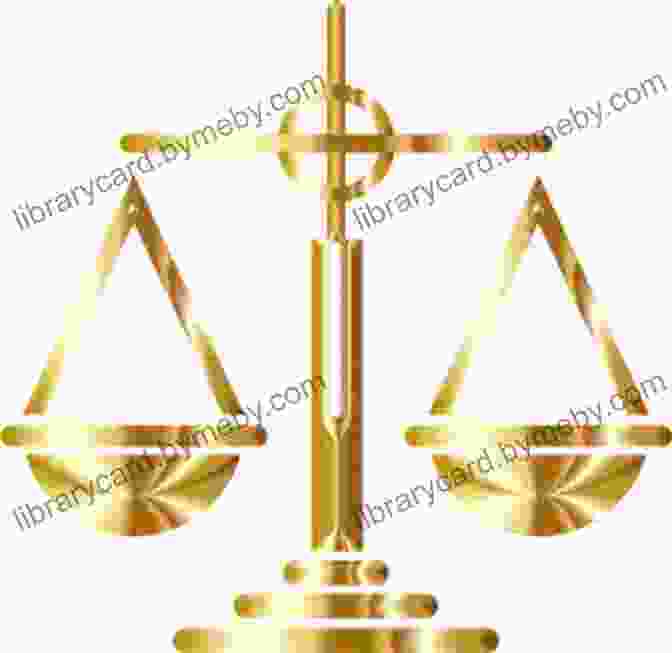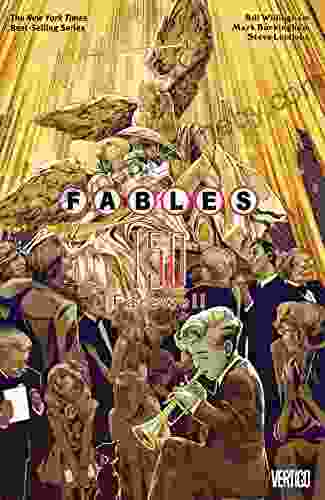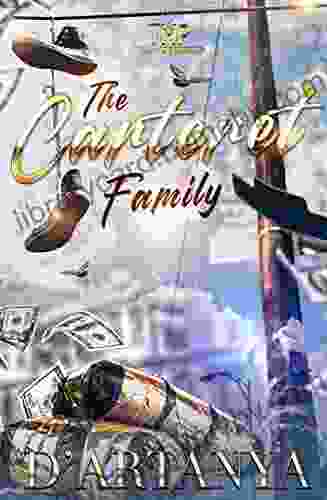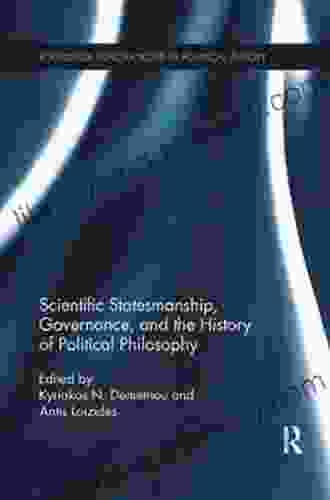Theories and Images of Good Governance: Unraveling the Tapestry of Ethical Leadership and Social Responsibility


In the tapestry of human civilization, good governance stands as a beacon of hope, guiding societies towards prosperity, equity, and progress. The concept of good governance has been the subject of scholarly inquiry for centuries, with diverse theories and images emerging over time. This article delves into the rich tapestry of theories and images of good governance, providing insights into their historical evolution, contemporary interpretations, and practical applications in the modern world.
Historical Evolution of Governance Theories
The roots of governance theories can be traced back to ancient civilizations, where philosophers and scholars pondered the nature of good leadership and the optimal structure of society. In ancient Greece, Plato's "Republic" outlined an ideal state governed by philosopher-kings who possessed wisdom, justice, and courage. Aristotle's "Politics," on the other hand, emphasized the importance of citizen participation and the rule of law in ensuring good governance.
4.5 out of 5
| Language | : | English |
| File size | : | 34490 KB |
| Screen Reader | : | Supported |
| Print length | : | 344 pages |
During the medieval period, the concept of good governance was heavily influenced by Christian theology and feudalism. Thomas Aquinas, a prominent medieval philosopher, argued that rulers derived their authority from God and were accountable to him for their actions. The feudal system, with its hierarchical structure and reciprocal obligations, also shaped ideas about good governance.
The rise of the modern state in the 16th century led to a renewed interest in governance theories. Niccolò Machiavelli's "The Prince" provided a pragmatic guide to statecraft, emphasizing the need for rulers to be cunning, ruthless, and willing to do whatever it takes to maintain their power. In contrast, John Locke's "Two Treatises of Government" outlined the principles of natural law and social contract, arguing that governments derived their authority from the consent of the governed.
Contemporary Images of Good Governance
Over the centuries, governance theories have evolved and expanded, reflecting changing societal values and the complexities of modern societies. Today, a range of images and concepts are associated with good governance:
- Transparency: Governments are open and accountable to citizens, with clear and accessible information about their decisions and operations.
- Participation: Citizens have opportunities to actively participate in decision-making processes that affect their lives.
- Rule of Law: Laws are fair, consistently applied, and impartially enforced, ensuring equal protection under the law for all.
- Responsiveness: Governments are responsive to the needs and aspirations of their citizens, providing timely and effective services.
- Effectiveness: Governments are able to achieve their goals and objectives, delivering tangible benefits to citizens.
- Integrity: Governments are free from corruption and abuse of power, promoting ethical conduct and trust in public institutions.
- Inclusiveness: Governments represent the interests of all citizens, regardless of their gender, race, ethnicity, or social status.
- Sustainability: Governments adopt policies and practices that ensure the long-term sustainability of environmental, social, and economic resources.
Practical Applications in the Modern World
The principles of good governance have wide-ranging applications in the modern world, from local communities to global institutions. Here are a few examples:
- Participatory budgeting: Citizens participate directly in the allocation of public funds, ensuring that resources are allocated according to their priorities.
- Open data initiatives: Governments publish data about their operations and finances, allowing citizens to monitor government activities and hold them accountable.
- E-governance: Governments use technology to improve service delivery, increase transparency, and enhance citizen participation.
- Multi-stakeholder partnerships: Governments collaborate with civil society organizations, businesses, and other stakeholders to develop and implement policies that address complex social and environmental challenges.
- International cooperation: Global institutions, such as the United Nations, play a role in promoting good governance and supporting countries in their efforts to strengthen their governance systems.
The Routledge Studies in the History of Political Thought Series
The Routledge Studies in the History of Political Thought series offers a comprehensive collection of scholarly works that explore the history of political ideas and institutions. The series includes volumes on a wide range of topics, including the theories of ancient philosophers, the development of modern political ideologies, and the history of political thought in different regions of the world.
The series' commitment to rigorous scholarship and interdisciplinary perspectives makes it an invaluable resource for scholars, students, and anyone interested in understanding the historical evolution of political thought.
Theories and images of good governance provide a rich tapestry of ideas and principles that guide societies towards ethical leadership, social responsibility, and the pursuit of the common good. From the ancient Greek philosophers to the contemporary debates on transparency and citizen participation, the quest for good governance has been a constant thread throughout human history. By understanding the historical evolution and contemporary interpretations of good governance, we can better equip ourselves to build more just, equitable, and sustainable societies for the future.
References
- Aristotle, "Politics"
- Locke, John, "Two Treatises of Government"
- Machiavelli, Niccolò, "The Prince"
- Rothstein, Bo, "The Quality of Government: Good Government and the Welfare of Nations"
- United Nations Development Programme, "Human Development Report 2020: The Next Frontier: Human Development and the Anthropocene"
4.5 out of 5
| Language | : | English |
| File size | : | 34490 KB |
| Screen Reader | : | Supported |
| Print length | : | 344 pages |
Do you want to contribute by writing guest posts on this blog?
Please contact us and send us a resume of previous articles that you have written.
 Book
Book Novel
Novel Page
Page Chapter
Chapter Text
Text Story
Story Genre
Genre Reader
Reader Library
Library Paperback
Paperback E-book
E-book Magazine
Magazine Newspaper
Newspaper Paragraph
Paragraph Sentence
Sentence Bookmark
Bookmark Shelf
Shelf Glossary
Glossary Bibliography
Bibliography Foreword
Foreword Preface
Preface Synopsis
Synopsis Annotation
Annotation Footnote
Footnote Manuscript
Manuscript Scroll
Scroll Codex
Codex Tome
Tome Bestseller
Bestseller Classics
Classics Library card
Library card Narrative
Narrative Biography
Biography Autobiography
Autobiography Memoir
Memoir Reference
Reference Encyclopedia
Encyclopedia Suzanne Lenzer
Suzanne Lenzer Bill Geist
Bill Geist Howard Garrett
Howard Garrett Bex Gunn
Bex Gunn Terri Johnson
Terri Johnson Carli Valentine
Carli Valentine Bill Wenzel
Bill Wenzel Kikuko Otake
Kikuko Otake Kate Middleton
Kate Middleton Marvelyn Brown
Marvelyn Brown Bernard T Fitzpatrick
Bernard T Fitzpatrick David M Greene
David M Greene George Stietz
George Stietz Rachel Schreiber
Rachel Schreiber John Gignilliat
John Gignilliat Blackhorse Mitchell
Blackhorse Mitchell Yutaka Yazawa
Yutaka Yazawa Mustafa Ahmed
Mustafa Ahmed Kitiara Pascoe
Kitiara Pascoe Jess Van Der Hoech
Jess Van Der Hoech
Light bulbAdvertise smarter! Our strategic ad space ensures maximum exposure. Reserve your spot today!

 Herb SimmonsUnveiling the Heartbreaking Truth: 'Raised In Ruins' Memoir Exposes the Dark...
Herb SimmonsUnveiling the Heartbreaking Truth: 'Raised In Ruins' Memoir Exposes the Dark...
 Eddie BellUnleash Your Sports IQ: Dive into the Captivating World of 'Interesting Facts...
Eddie BellUnleash Your Sports IQ: Dive into the Captivating World of 'Interesting Facts...
 Nathaniel PowellFables Vol 22: Farewell, Bill Willingham - A Masterpiece of Modern Mythology
Nathaniel PowellFables Vol 22: Farewell, Bill Willingham - A Masterpiece of Modern Mythology Tyler NelsonFollow ·17.9k
Tyler NelsonFollow ·17.9k Isaac AsimovFollow ·12.9k
Isaac AsimovFollow ·12.9k J.R.R. TolkienFollow ·19.7k
J.R.R. TolkienFollow ·19.7k Charles DickensFollow ·10k
Charles DickensFollow ·10k Simon MitchellFollow ·6.9k
Simon MitchellFollow ·6.9k Darren NelsonFollow ·19.9k
Darren NelsonFollow ·19.9k Elton HayesFollow ·6.5k
Elton HayesFollow ·6.5k Dan BellFollow ·4.8k
Dan BellFollow ·4.8k

 Ivan Cox
Ivan CoxSpeak With Ease: The Ultimate Guide to Public Speaking...
By Rupika Raj ...

 Jesus Mitchell
Jesus MitchellVulcan Forge: A Suspense Thriller that Will Keep You on...
Vulcan Forge is...

 Dashawn Hayes
Dashawn HayesThe Carteret Family Bob Martin: A Comprehensive Review
Bob Martin's...

 Owen Simmons
Owen SimmonsUnlock the World of Cultural Nuances with "The Global...
Embark on a Journey of...

 Ian McEwan
Ian McEwanConquer the Mountain: True Account of Catastrophe and...
In the heart of California's stunning...
4.5 out of 5
| Language | : | English |
| File size | : | 34490 KB |
| Screen Reader | : | Supported |
| Print length | : | 344 pages |








